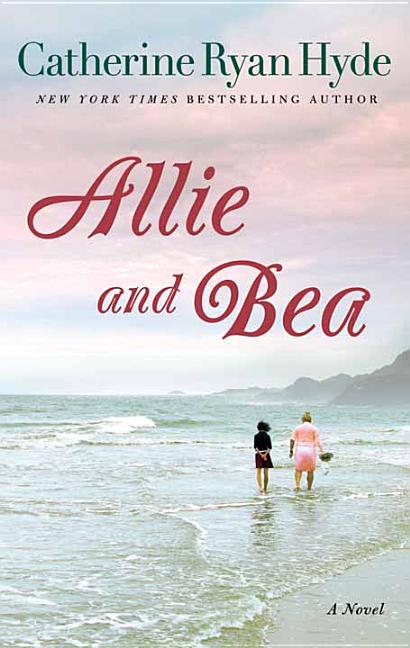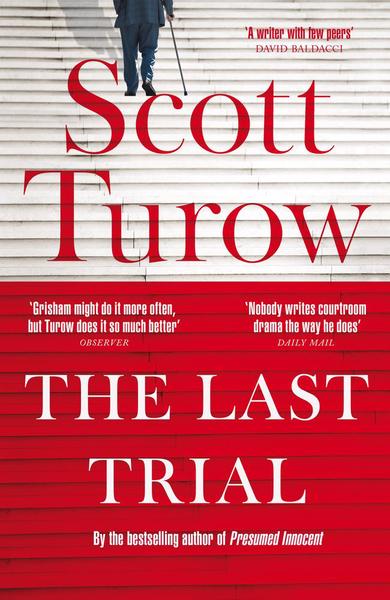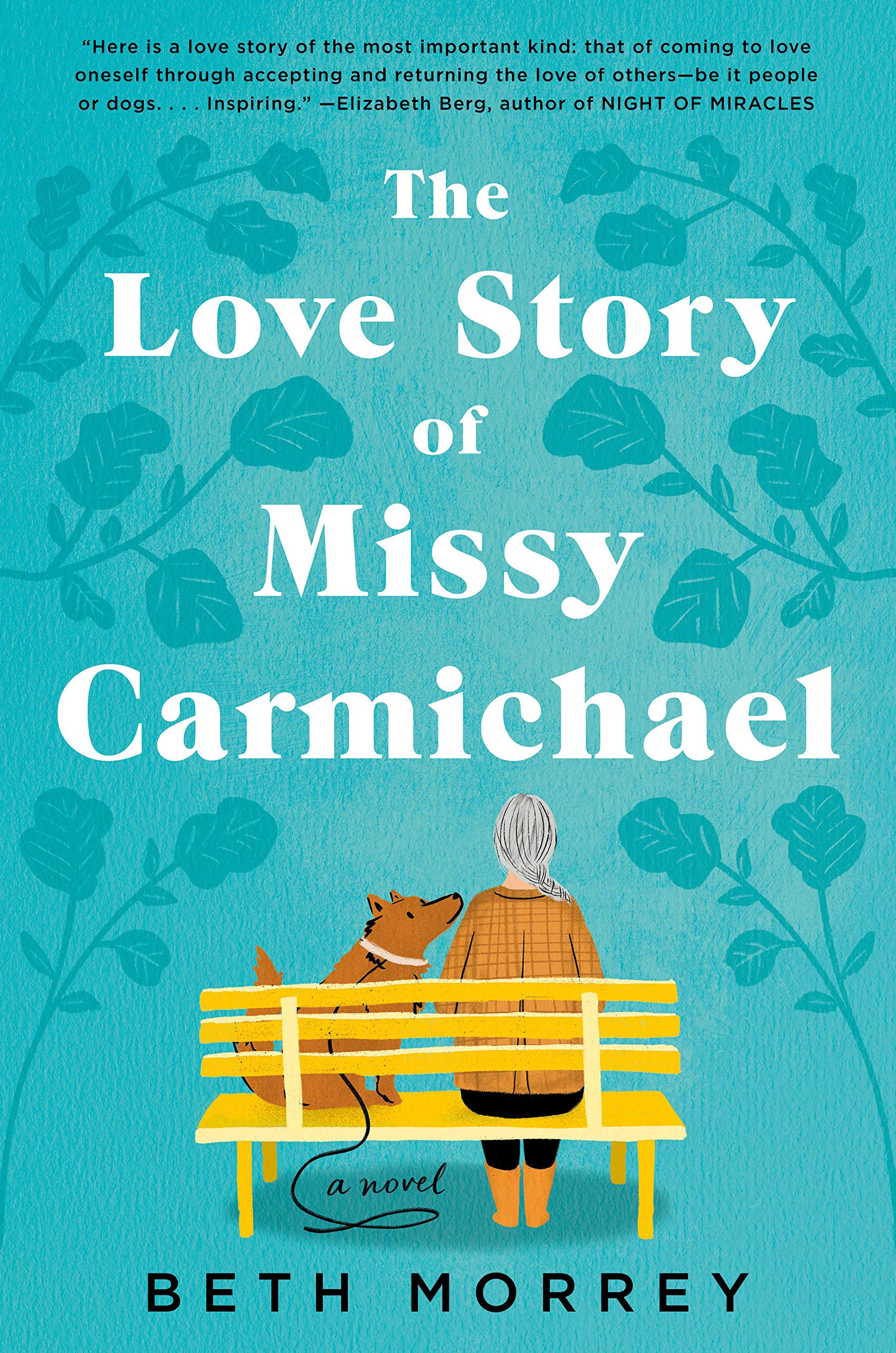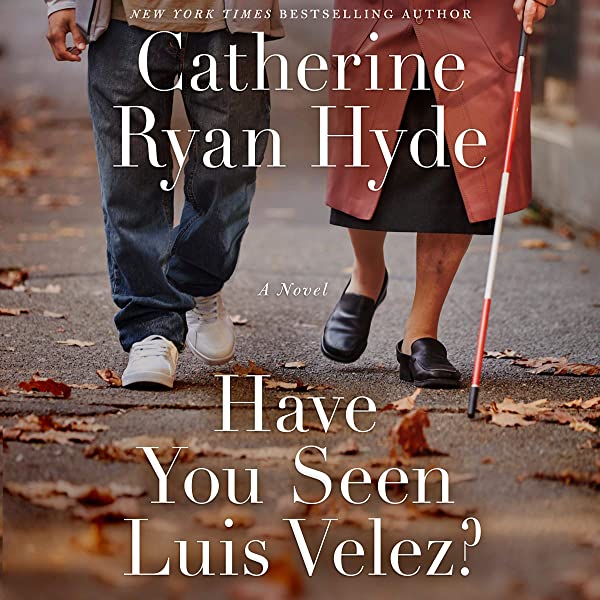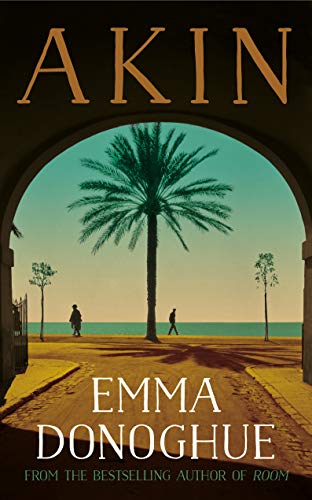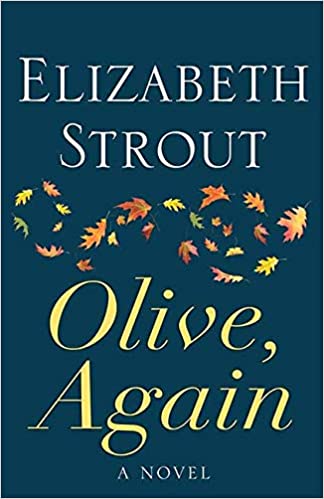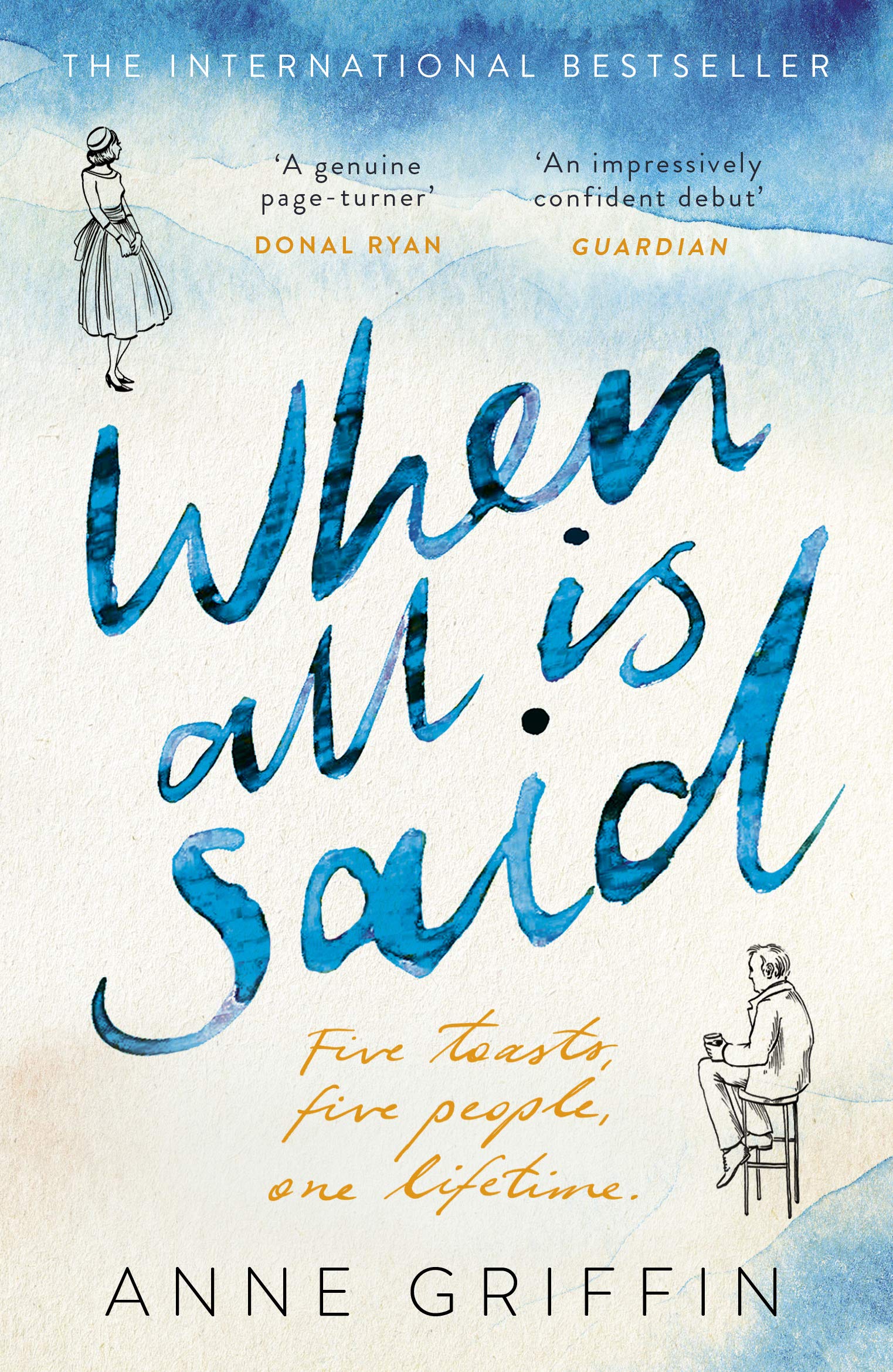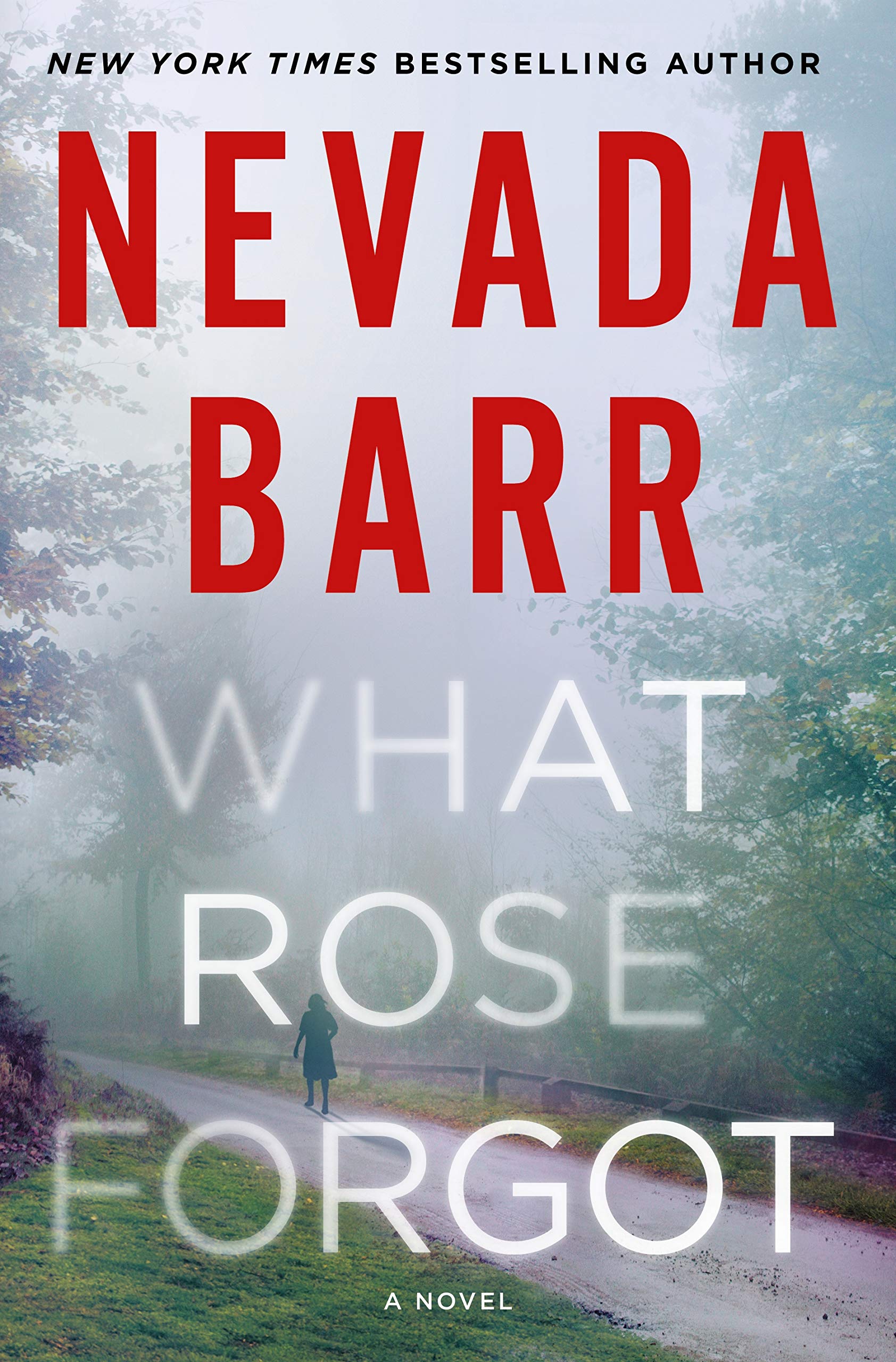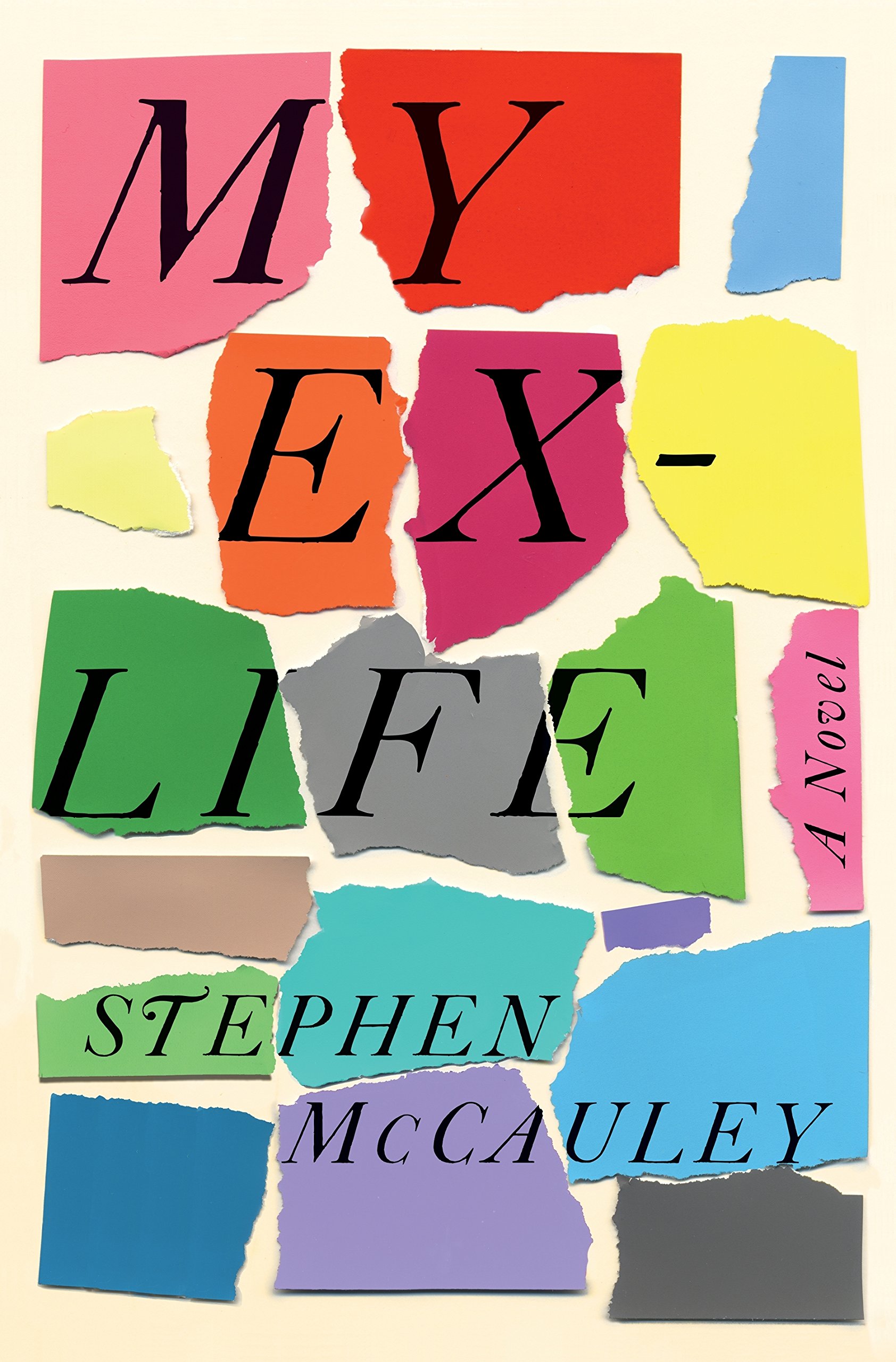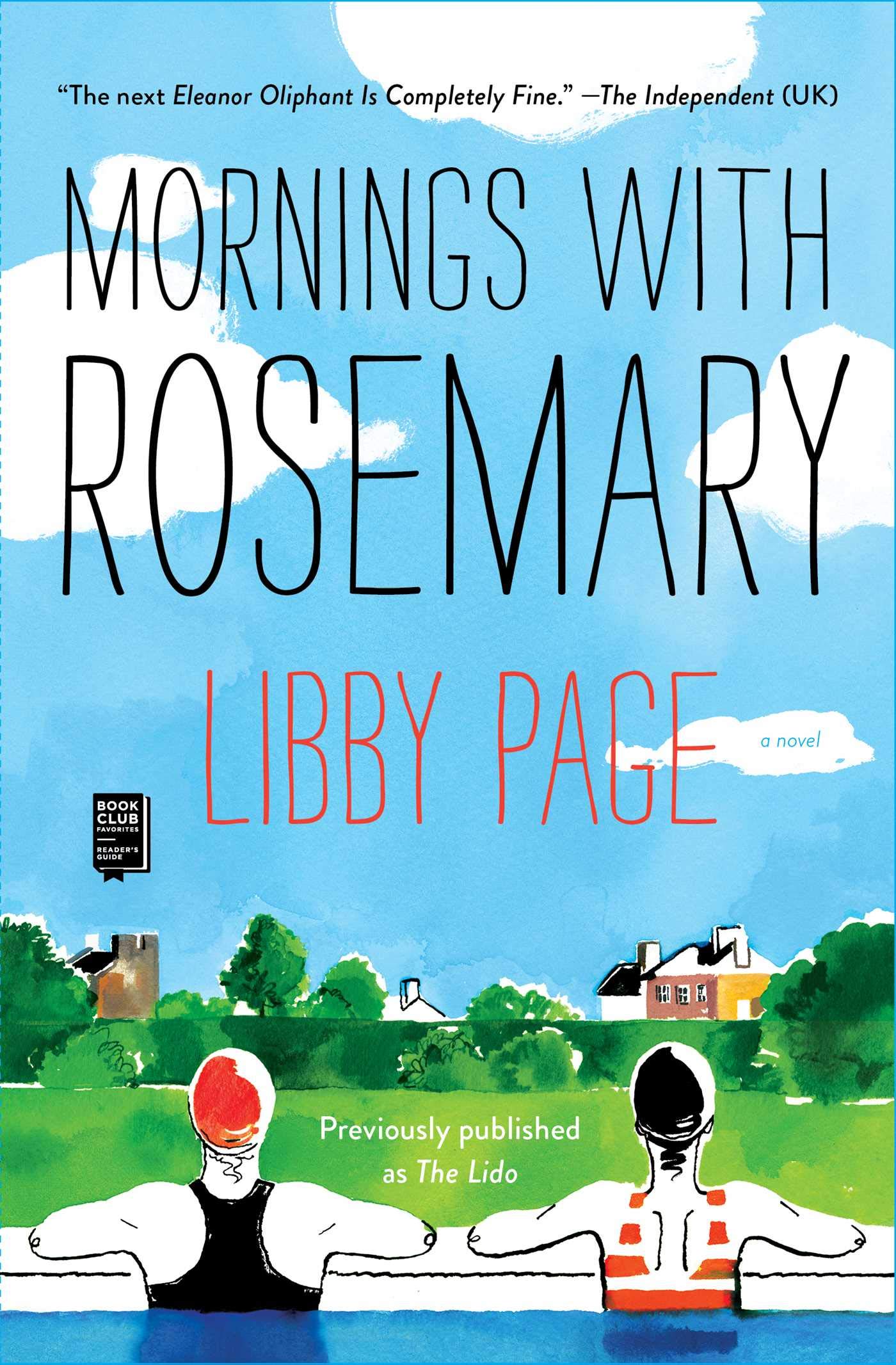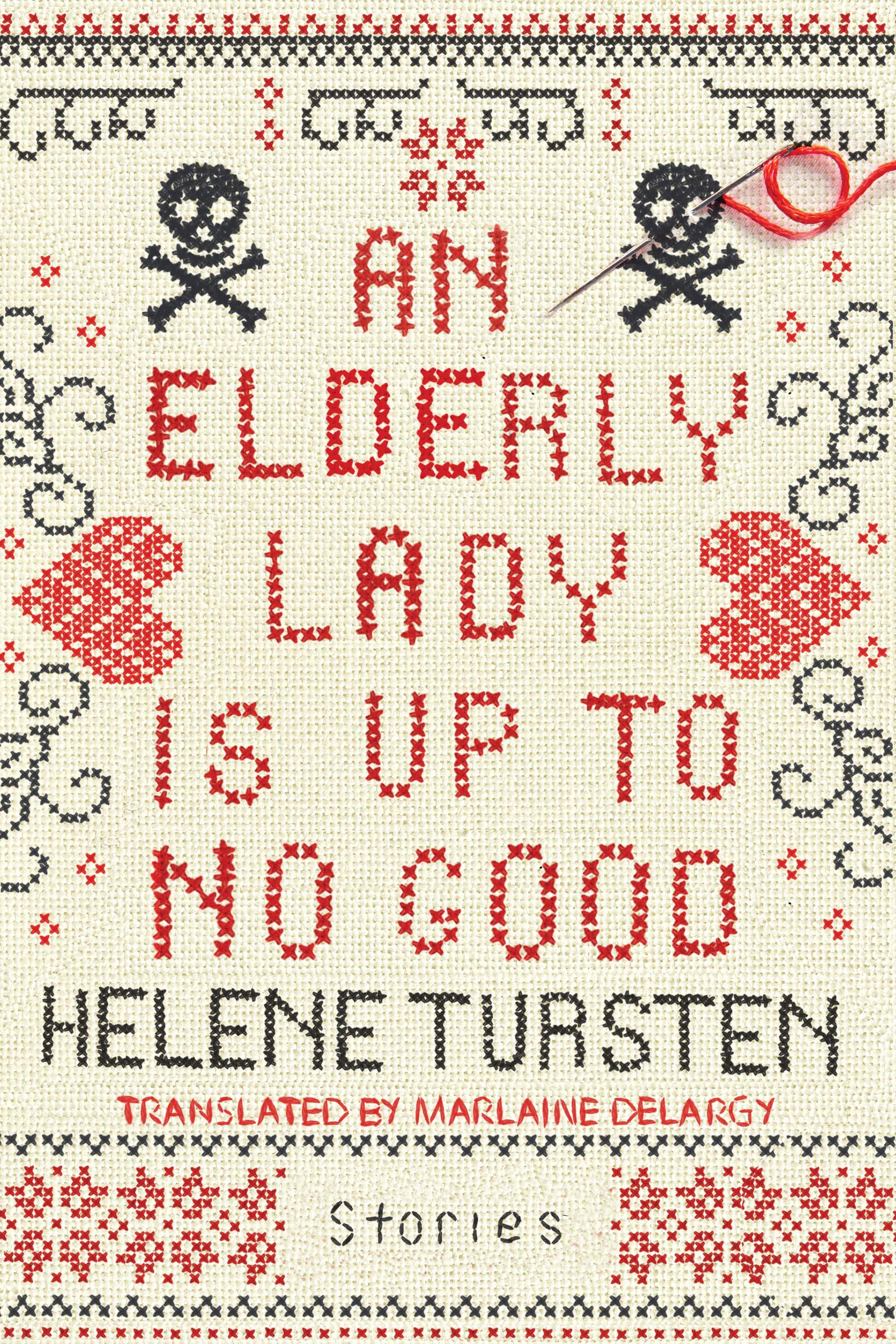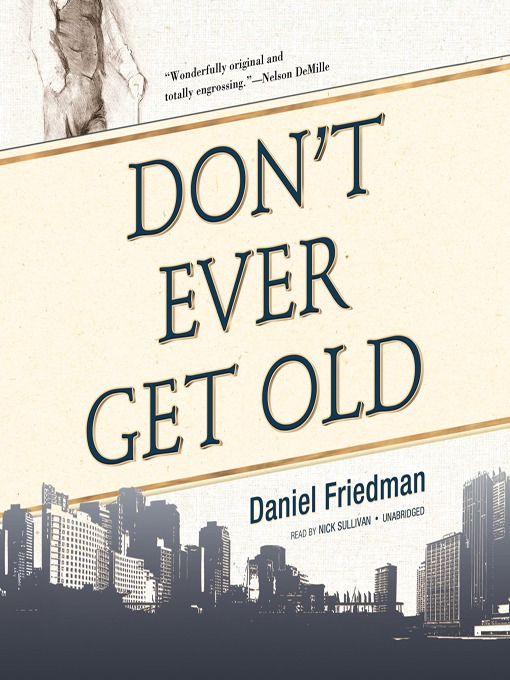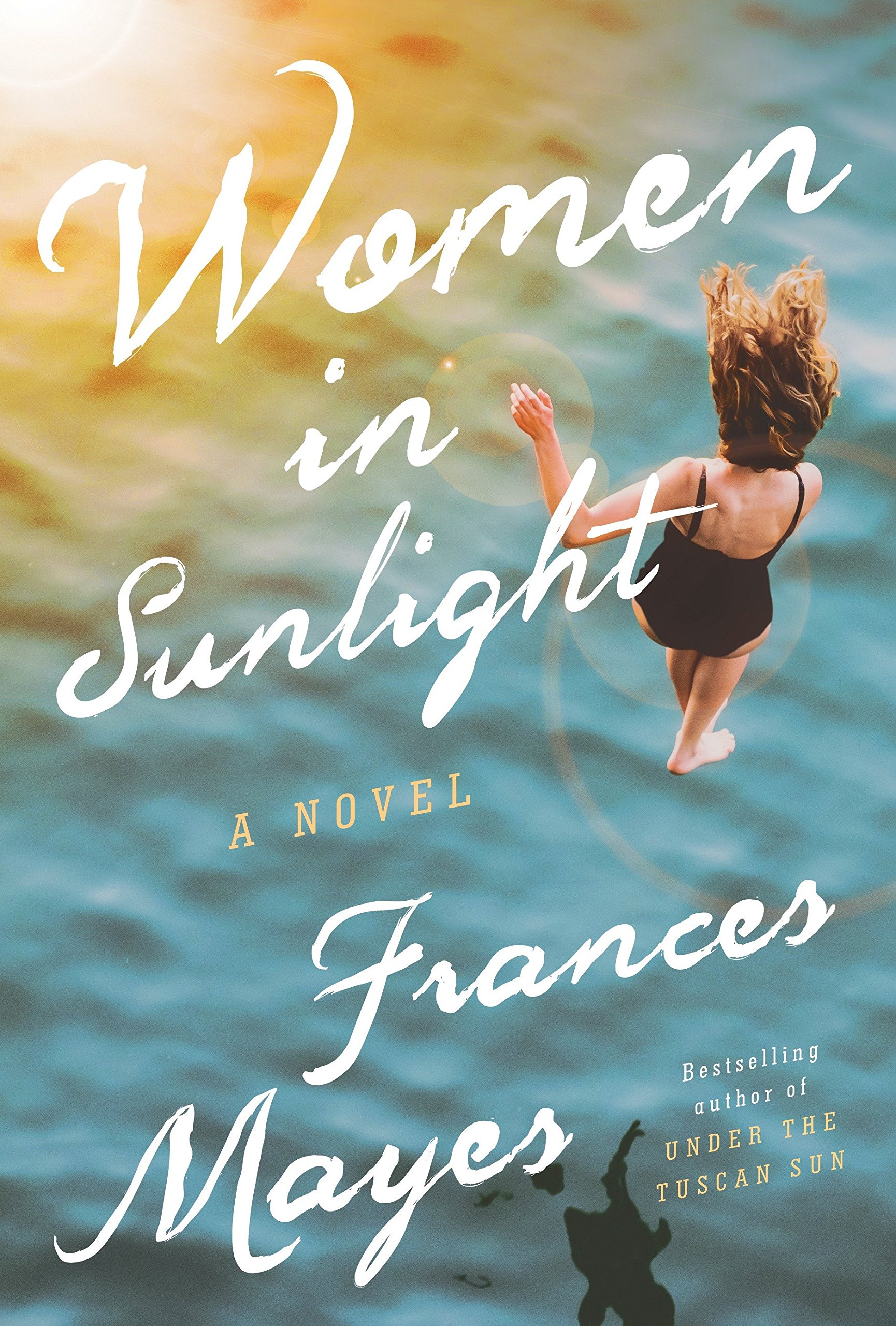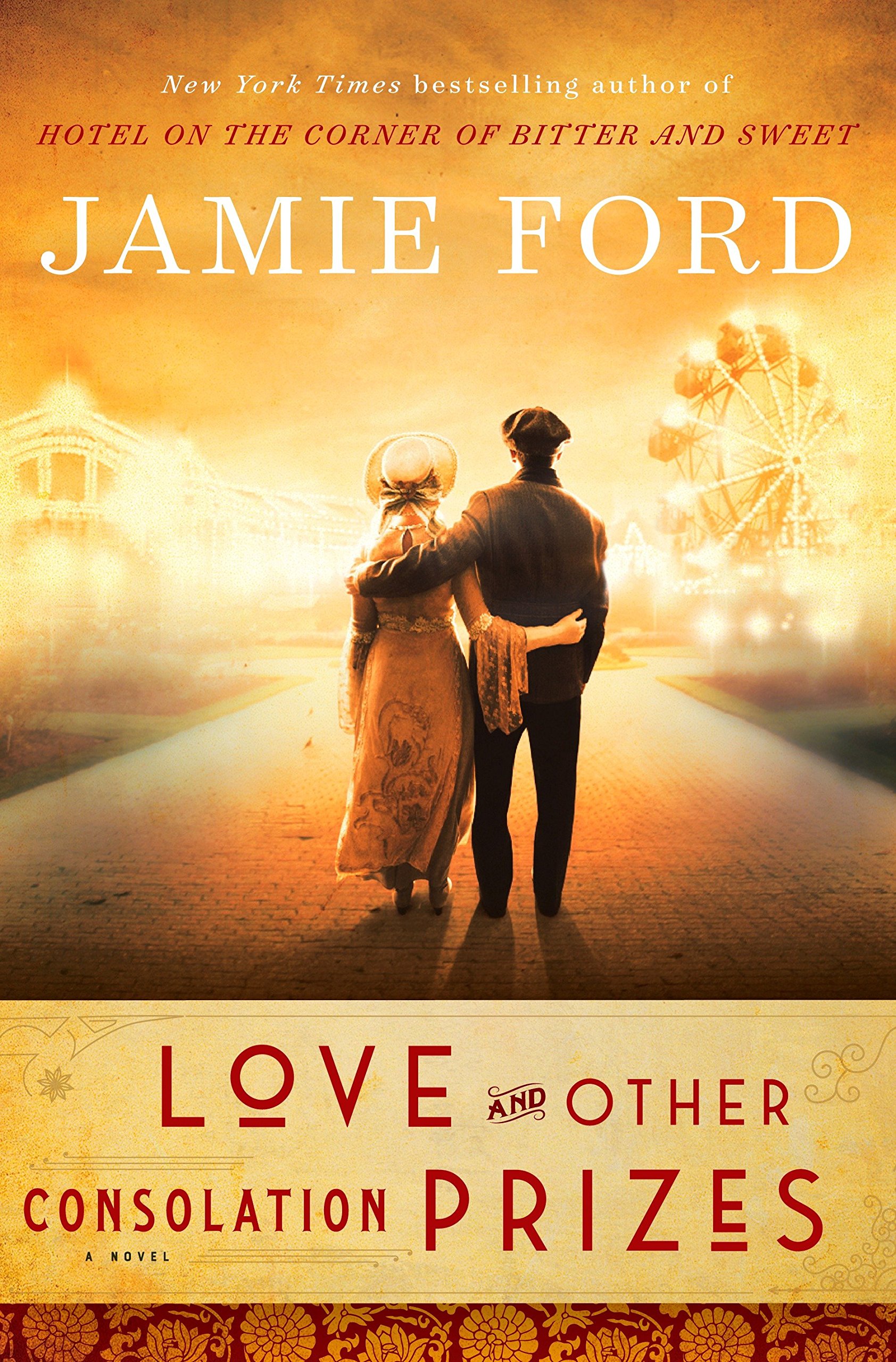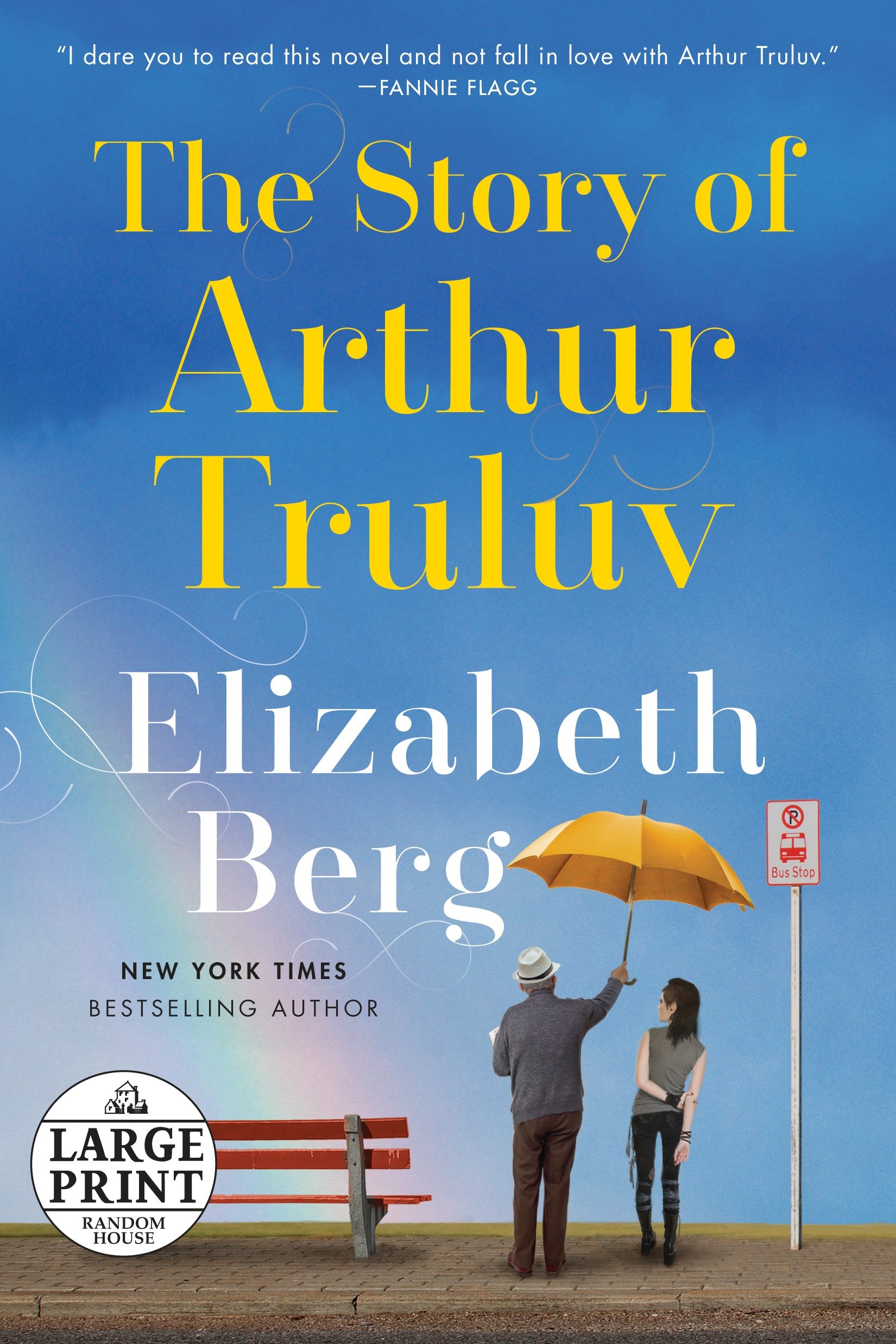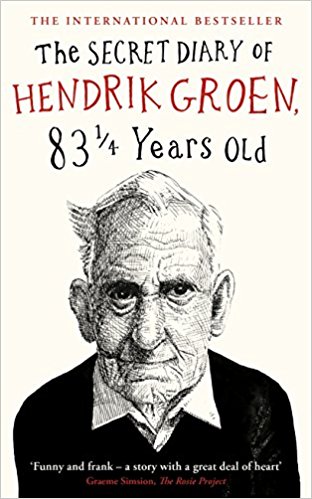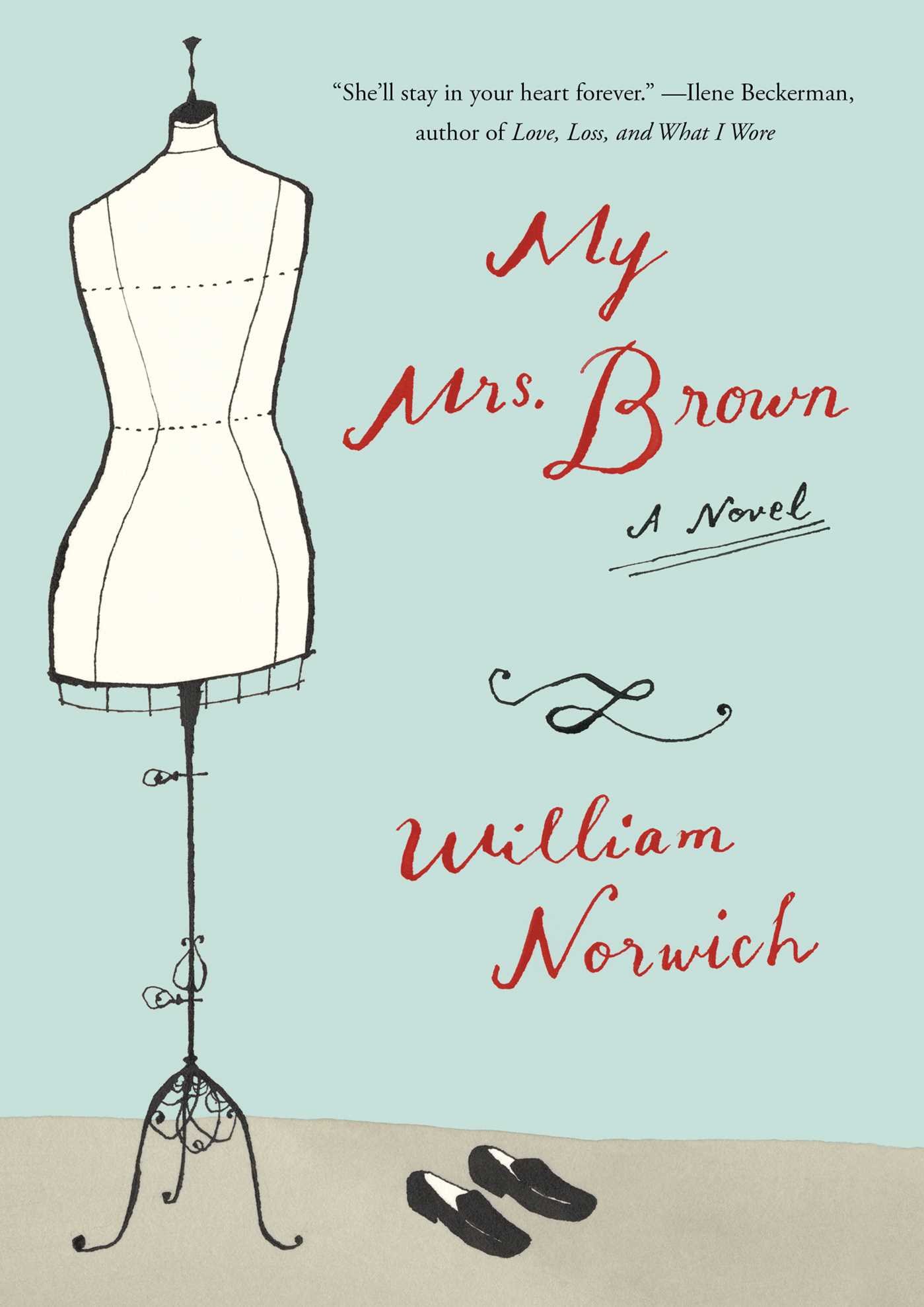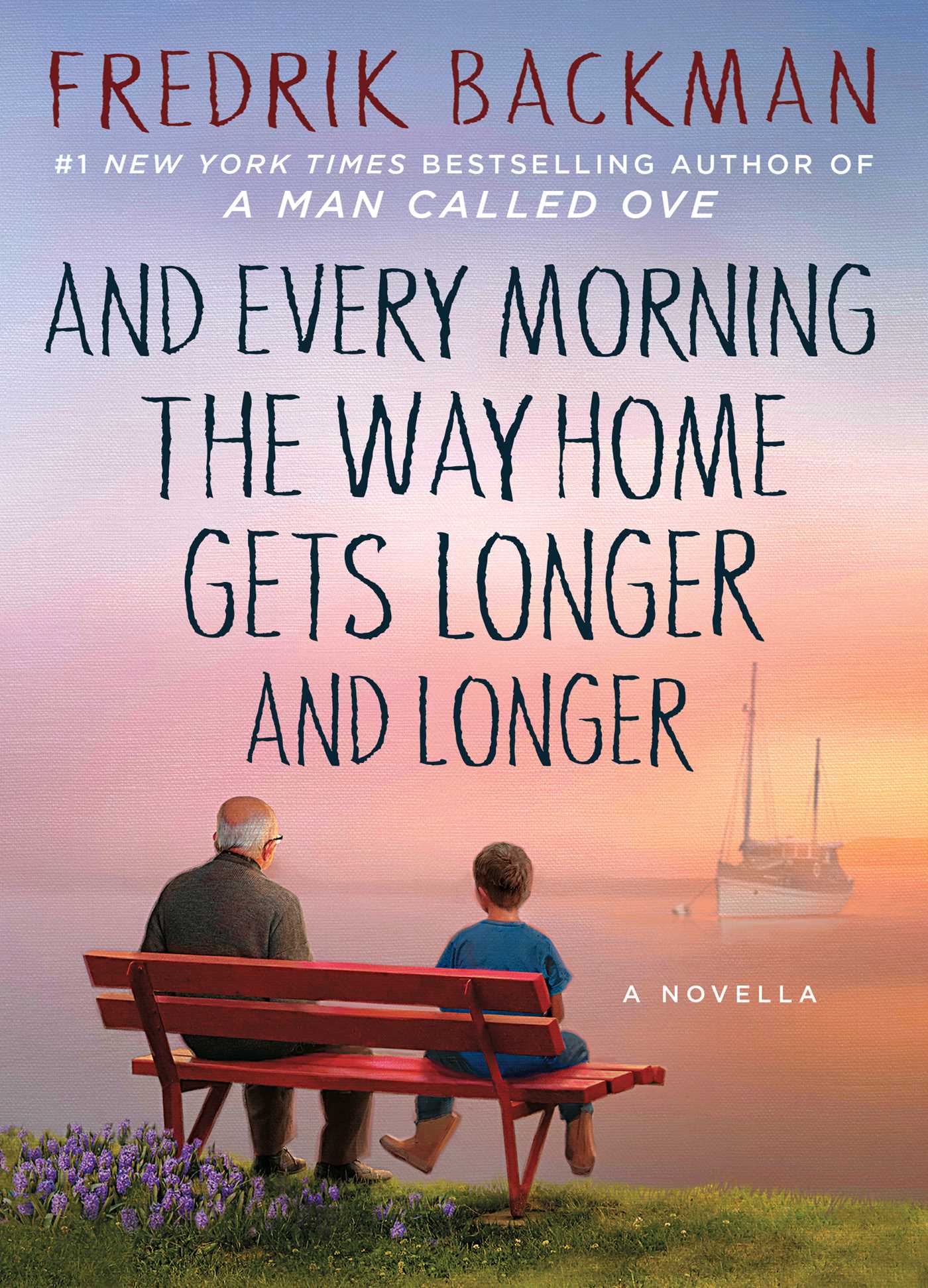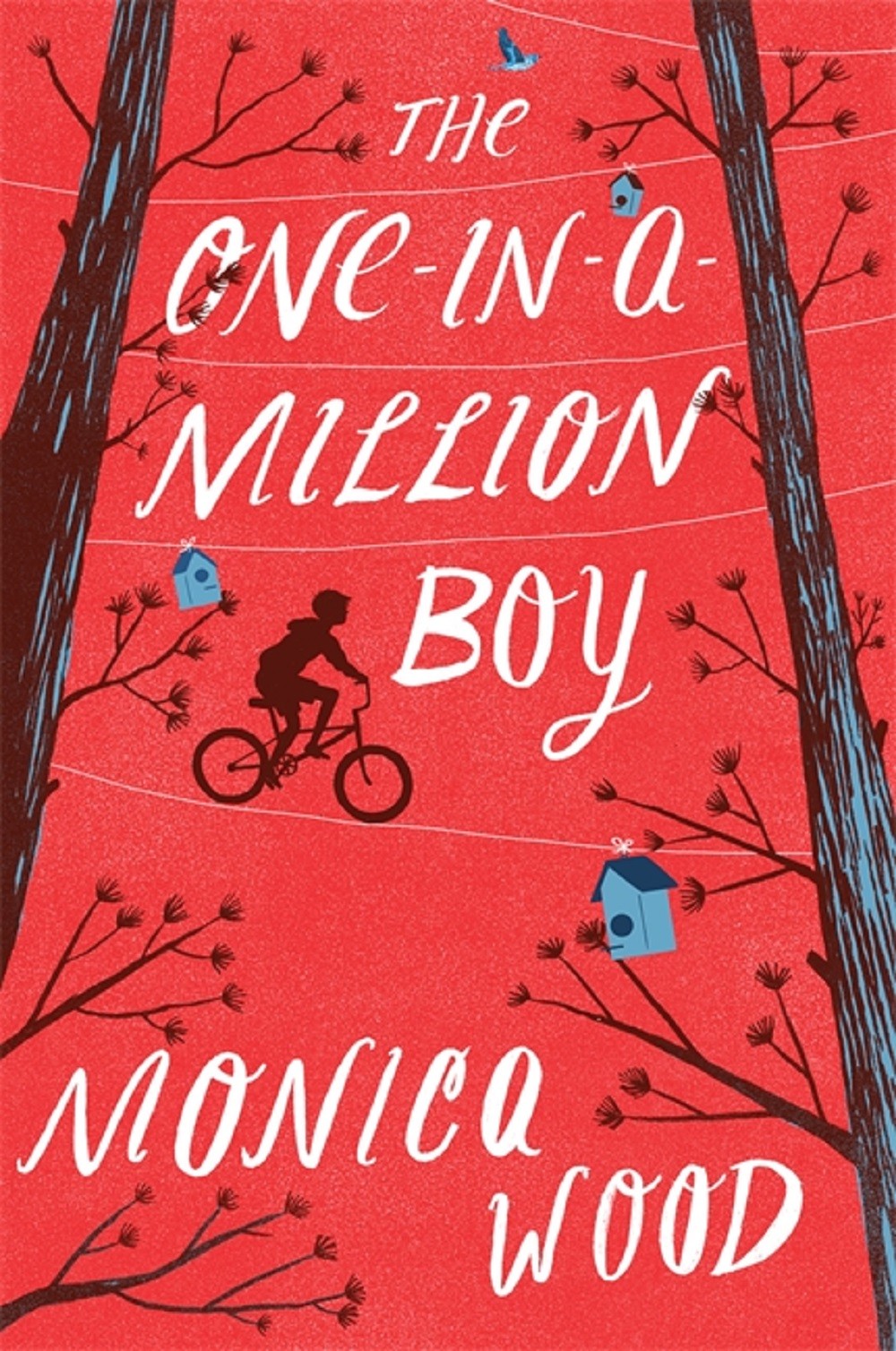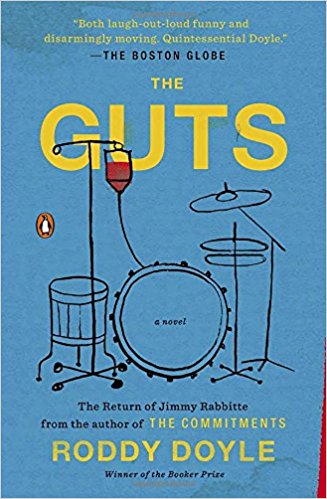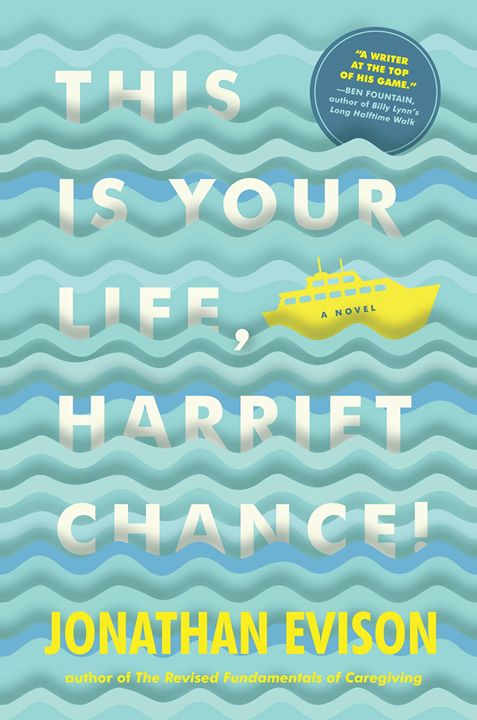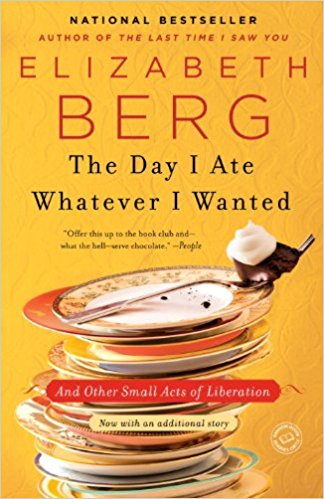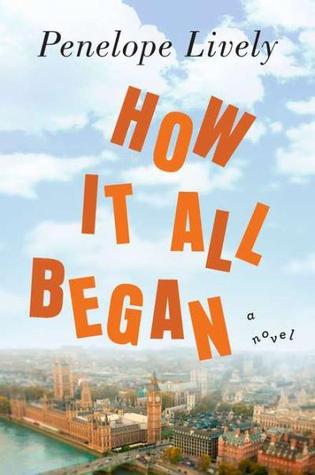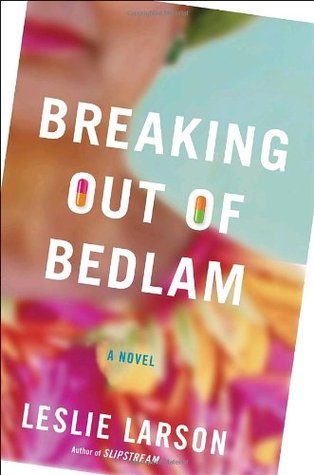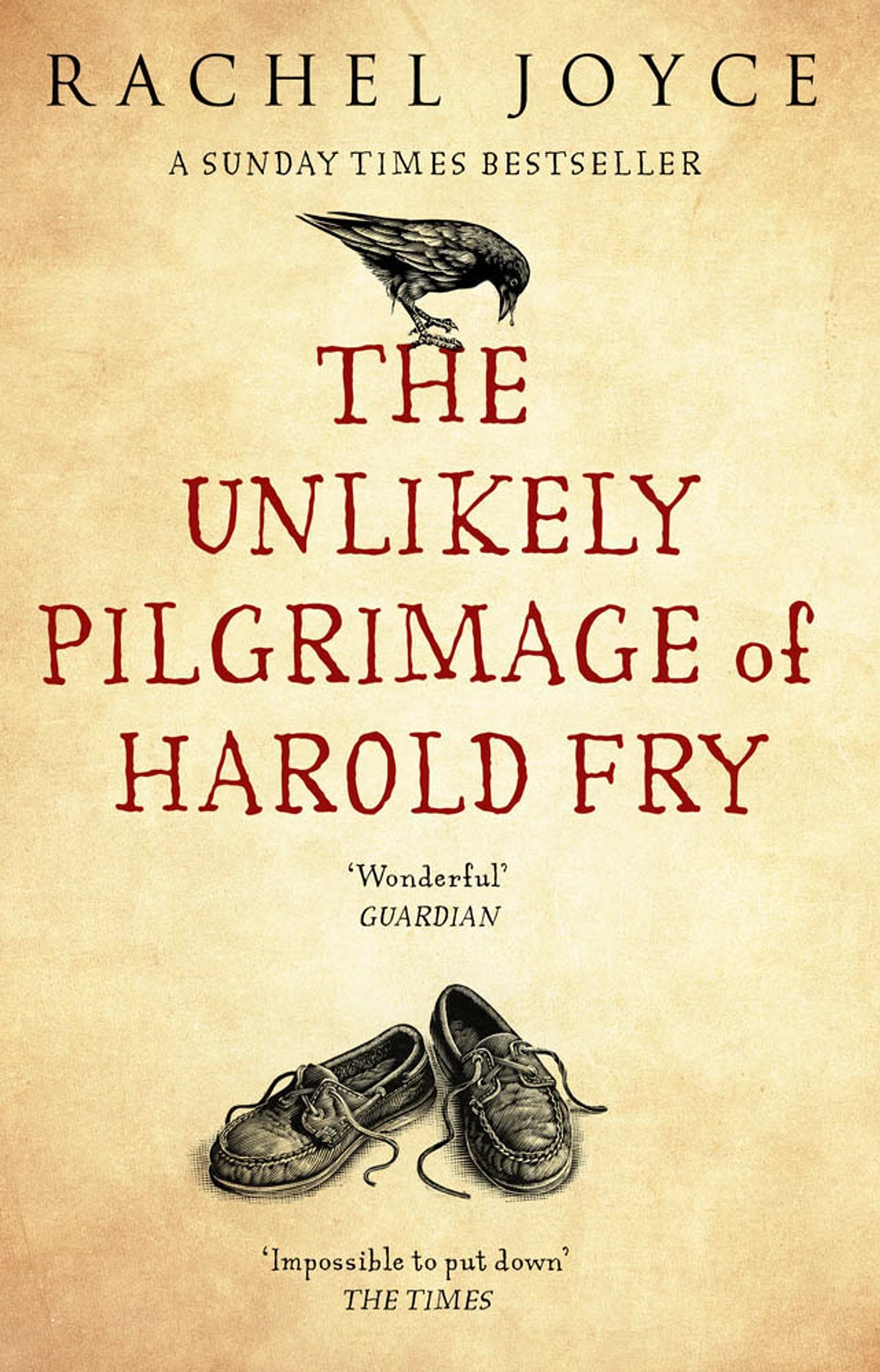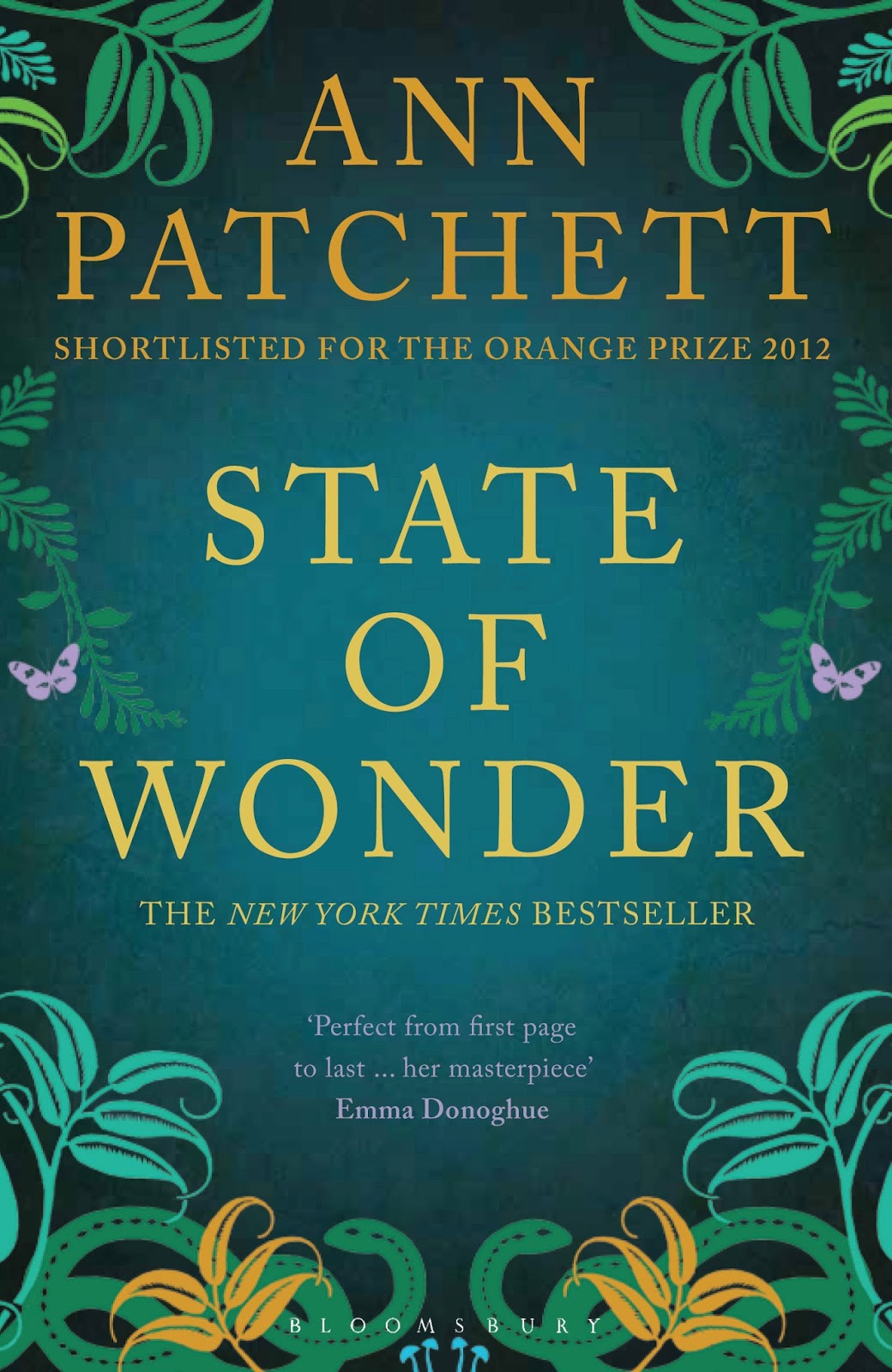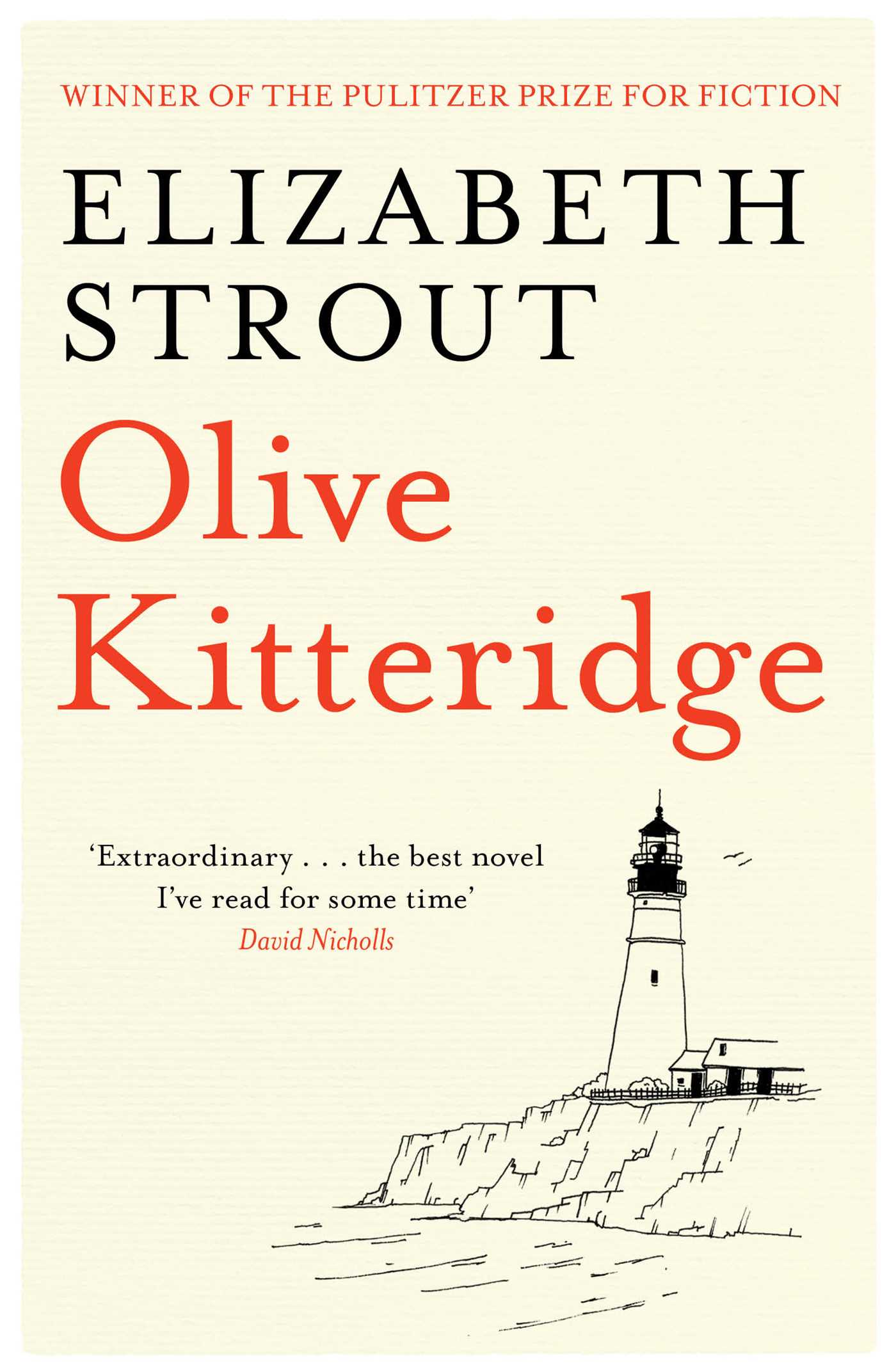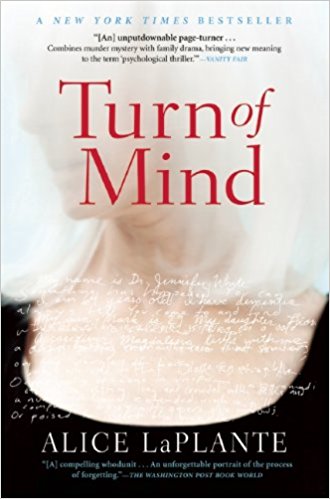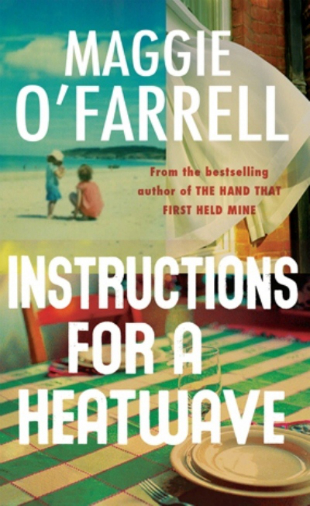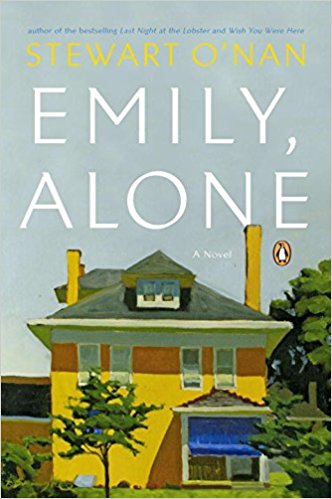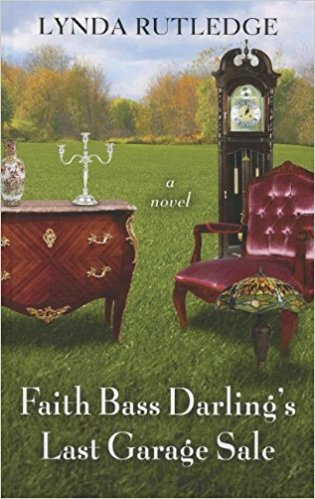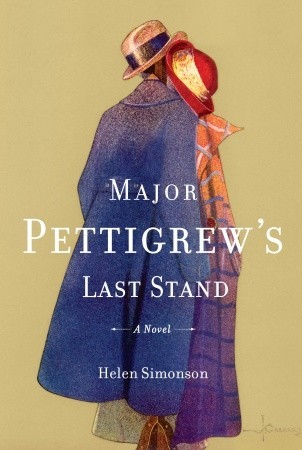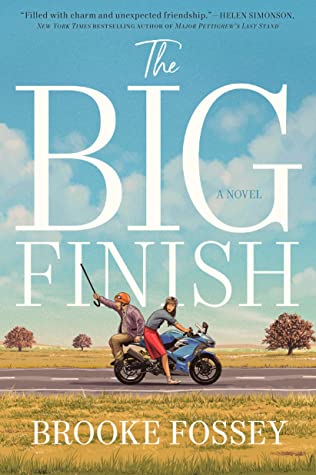
By Brooke Fossey – Penguin Random House, 2020
In a complete reversal of the grandparent-escapes-care-facility theme, 19-year-old Josie breaks into Centennial, the assisted living facility where her grandfather, Carl, resides. No one is more surprised than his roommate, Duffy, a self-proclaimed “ass,” who believed he and Carl had no secrets. Except for a daughter and now a granddaughter living nearby? But there are more secrets, and Josie needs the help of these octogenarians. Josie arrives shoeless and reeking of alcohol, with only the clothes on her back and a black eye. She wants them to hide her for a week while she sorts things out. After years of stuffing his feelings of guilt and shame, Carl is willing to do anything to win Josie over, but Duffy knows they run the risk of getting caught and evicted to the dreadful nursing home down the street. As a recovered alcoholic himself, he’s been in Josie’s shoes—out of friends, out of options. With Duffy as reluctant leader, some of Centennial’s residents and staff conspire to detox Josie and give her recently departed mother a proper funeral. This is a big-hearted story of hijinks, unlikely friendships and the realization that we must face our truths and right our wrongs, no matter our age.


